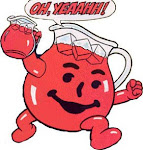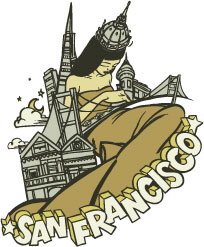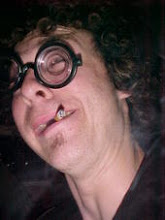
I believe that this may eventually be considered a really important book. Possibly even essential reading for those trying to make sense of the madness that gripped this country at the dawn of the millennium.
Contrary to what partisans may claim, there is no real ideological slant here; this is neither apologist nor blatant hit piece. (The fact that it has been labeled both speaks volumes of the bitter rancor on display in our very much divided union.) No, Weisberg has approached this book like an actual investigative reporter- seeking to understand rather than to validate.
His analysis is shaped by an analogy of Bush to Prince Hal as depicted in Shakespeare’s Henry the IV parts 1&2 and Henry V, hence the “tragedy”. This literary framework, however, isn’t critical to understanding, but rather a clever intellectual exercise that no doubt adds an extra dimension to those familiar with the plays. (I myself am not and I still think it’s one of most satisfying works of non-fiction I read last year.)
Weisberg begins by delving back through several generations of Bush lineage and contrasting two opposing branches of his fathers side of the tree- the Bushes and the Walkers. The Bushes are old school New England Republicans; nuanced, cultured, pragmatic politicians- the embodiment of old money. The Walkers on the other hand are tacky, boorish and arrogant; folks who see money and status as an end in and of itself rather than a means. Weisberg uses this information to set up the central conflict of this narrative, that between the careful calculating of Bush the former and the classic Walker “put-it-all- on-red” approach of Bush the latter. The picture that emerges is that of a son who never felt he fit with his own family. A Fredo of sorts who could never live up to the expectations of his father. This pattern would dog Bush right up to the start of his political career in the late 80’s. His experience at Yale is a prime example: lacking the networking sociability of his father, he floundered at a time when achievement had come to eclipse legacy. The deep resentments garnered here would, of course, shape his virulent anti-intellectualism. Once in the Oval Office his need to differentiate himself from his famous lineage would define his tenure. Determined not to make the mistakes of his father, who’s cautious compromising W believed had cost the election, the younger Bush would be easily sold on the quixotic fantasy of bringing Democracy to the world by force.
One of the most informative parts of this book is the description of Bush’s relationship with God (obviously this was crucial in winning both elections, but especially in 2004). An alcoholic faced with the certain loss of his wife, he found Jesus and kicked booze. We are told that, though Bushes faith is genuine, his practice is self-serving; “self help Methodist” Weisberg terms it. Being quite consistent with the 43rd presidents behavior, this “insight” should be fairly obvious to anyone who’s been paying attention. This chapter is actually very striking to me because of my knowledge of addiction e.g. it smacks of the glaring difference between aligning one’s will with a higher power and the invocation of said higher power as a justification for ones actions.
There’s lots of good stuff in here about the people the former president surrounded himself with as well. Weisburg characterizes his administration as an “adopted family”, and as such Bush consistently prized loyalty above competence. And as It just so turns out *gasp* many of them had ulterior agendas. Thus, our march to Iraq involved a perfect storm of circumstances; various powerful entities with myriad interests in the region; a president with something to prove who easily bought the fanciful idea of spreading (world) democracy via invasion of a sovereign nation (which was supposed to create a domino affect); a congress that cared more about their ambitions than their principles; a press that cared more about sensationalism and profit than it did the truth and of course the awful catalyst of 9/11.
Actually I came away with some new found empathy for our 43rd president. Granted he was unbelievably under qualified for the presidency (it would be comical if the consequences hadn’t been so tragic), but he was just doing the best he could with what he knew. Rumsfeld, Rove and Cheney et al. are quite another story; they were fully aware that a president like this only comes along once in a great while. They saw their opportunity to advance their personal interests and they exploited it, leaving the Bush name forever on the hook for this travesty.
Highly recommended for anyone still scratching their head about just how the hell we got from New York to Baghdad and how a C student who failed three businesses was ever in a position to lead us there.













No comments:
Post a Comment